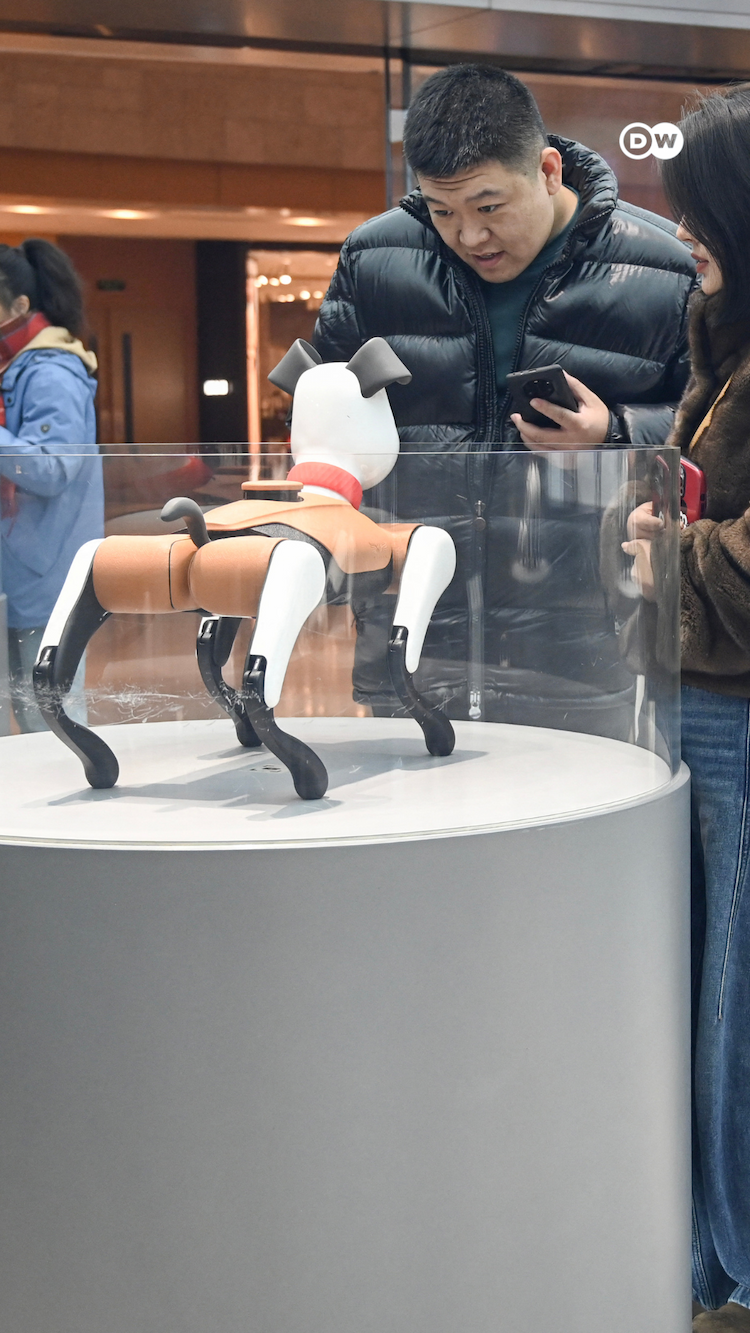ChatGPT Atlas vs Google Chrome: Should you switch your browser?
OpenAI just fired a major shot at Google, and this time, it’s aimed squarely at Chrome. The AI giant has launched a new web browser called ChatGPT Atlas, in the hopes that it changes how we think about browsing and using the internet.
Instead of typing into a search bar or into Google, and then jump between tabs to collate information or carry out tasks, Atlas puts ChatGPT right into the browser itself, where you can basically ask it to do everything for you.
Like most other browsers, including Google Chrome, Atlas is also built on Chromium. It looks and feels almost like Google Chrome, but what’s happening under the hood is what really sets it apart.
What makes ChatGPT Atlas unique
At its core, Atlas is a browser with an AI brain. You can open a webpage, highlight text, and ask ChatGPT to explain, summarise, rewrite, or even fact-check it — without leaving the page. There’s a persistent ChatGPT sidebar that acts as your personal assistant anywhere on the web. But the real magic is what it does when it has the context of what you have been doing.
Atlas can access your history, if you want it to. Basically, it can remember what you were researching last week, or even pick up a task where you left off, thanks to its Browser Memories feature. That means it’s not just fetching answers, it’s learning your habits, preferences, and projects, again, only if you allow it to.
Then there’s Agent Mode, which takes things even further. Instead of just suggesting, it can actually 'act' or do things for you. It can book movie or flight tickets, fill out forms, shop online etc. Basically, think of it as automating some of the more menial tasks that you need to do yourself on the browser.
Major differences between ChatGPT Atlas and Chrome
Design and UI wise, both Atlas and Chrome look and feel very similar. Atlas, too, has been made with Chromium as the foundation, and like Chrome, supports some extensions, and has all the usual stuff like tabs, bookmarks, and incognito mode. But the way these two browsers are thinking of the future internet, their philosophies essentially, is completely different.
Chrome is a browser that helps you find information. Atlas is a browser that helps you act on it. Chrome relies heavily on Google Search and its AI integrations through Gemini, but you still have to switch between tabs or tools to get things done. In Atlas, everything happens in one place. Want to summarise a report, plan a trip, or find recipes from different sites? You can just talk to the AI instead of juggling windows.
Atlas also uses your browsing context to deliver smarter responses, something Chrome doesn’t natively do yet. But this tight AI integration comes with a trade-off: Atlas needs to “see” more of what you’re doing online to help you effectively.
Risks with ChatGPT Atlas
That’s where the caution comes in. While the memory and agent features sound incredible, they also raise privacy questions. You’re essentially giving an AI assistant access to your browsing history, tabs, and even personal data (if you opt in). OpenAI says all of this is optional and can be deleted at any time, but the idea of a browser that remembers everything you do will make some users uncomfortable.
Then there’s the ecosystem issue. Chrome is available everywhere, on Windows, macOS, Android, iOS, and has years of optimisation behind it. For now, Atlas is limited to macOS only. OpenAI has said that they will be launching a version for other platforms, but hasn't shared any proper timeline yet.
So, should you switch?
If you live inside Chrome, use tons of extensions, and rely on Google’s sync ecosystem, it’s best to wait.
But if you want a peek into what the future browsing or rather using the internet could look like, a future where AI becomes part of every click and scroll, ChatGPT Atlas is worth exploring. It’s not just a browser; it’s a glimpse into what the internet might feel like when AI stops being a tool and starts being a true co-pilot.









